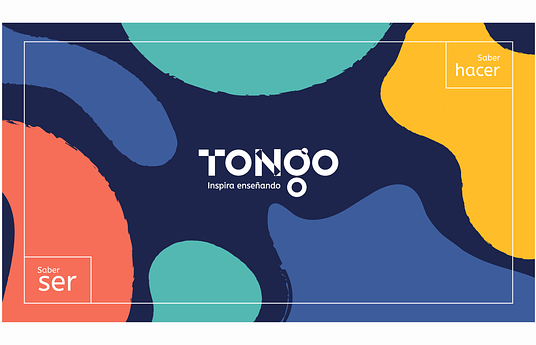What we do?
We support children (10-18) to become active change makers through children-led research. This is a child participation methodology that builds children's capacities to conduct research on issues that are close ot them and relate to child rights. We applied this with children living in refugees centres in the Netherlands, as well as with children in Ethiopia, Nepal and Pakistan who want to defend themselves from early marriages and in Nicaragua where children are often victim of domestic violence.
Youth-led Research is an approach that empowers children and young people growing up in difficult circumstances, to understand better their communities and the social values and issues that involve and affect them, so they can become active agents of change.
Why we do it?
Children have long been the ‘objects’ of research, but research by children as ‘active participants’ is relatively new. Research with and by children recognises that children are experts on their lives and that their experiences and opinions are different to adults. It acknowledges children’s right to be heard and their views to be taken seriously.
Amongst the benefits of children conducting their own research are that they learn by doing, and develop learning skills and strategies such as: making choices, reflecting, critical thinking, analysing data. The process also sharpens writing, communication and organizational skills. Learning is also advanced through motivation and ownership, achieving success and being heard.
Involving children in research processes also benefits the work of organizations, as the outcomes of research conducted by children and youth can provide original and useful insights and inputs to develop more effective strategies and approaches.

.png)

